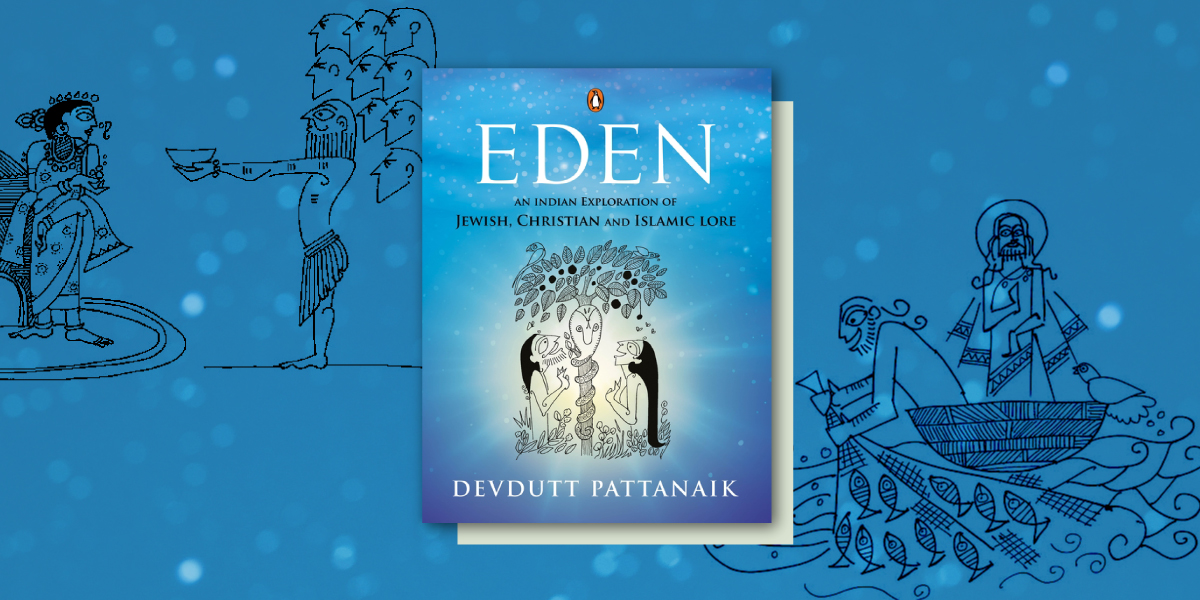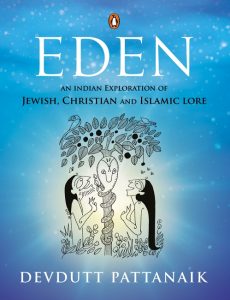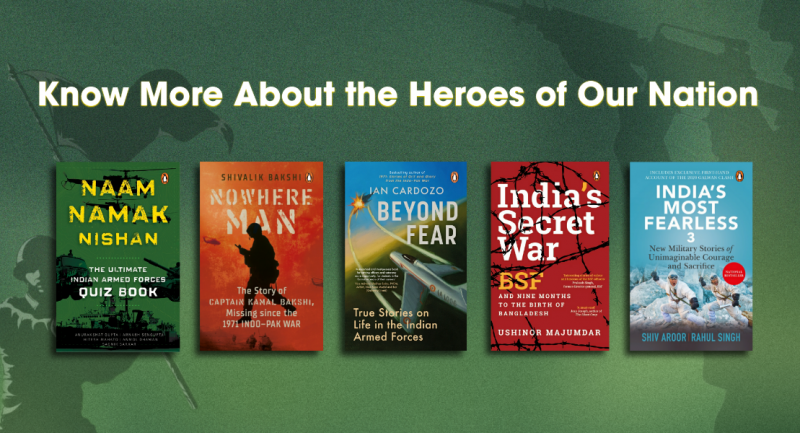
Mythology is often regarded as the sacred history of humankind, with elements of mystery, human nature, and supernatural elements rolled into enrapturing tales and stories. Myths are intrinsic to every culture’s existence and being, and often become bedtime stories that are passed down from generation to generation to keep that culture alive and roaring. Devdutt Pattanaik is no stranger to myths, and with Eden, he has explored the vast world of Abrahamic lores and myths uniquely through an Indian prism.
What are Abrahamic Lores?

Eden
Devdutt Pattanaik
Abrahamic lores, derived from the word ‘Abraham’, consist of monotheistic religions that strictly worship one God. These include three of the biggest religions in the world: Judaism, Islam, and Christianity. There are mentions of ‘Abraham’, the one true God, in scriptures of these religions throughout history, be it in the Torah, the Bible, or the Quran. Abrahamic lores remarkably bring together these three contrasting religious beliefs with a series of common and entrancing elements. These include believing in a paternal, judging, and completely external God, to which humans and living beings are subordinate. Another common theme that is consistent throughout these religious texts is the longing for salvation or transcendence which can only be achieved by pleasing God. Abrahamic lores often have prophets, beginning with God creating the world, and ending with the resurrection of the dead and a final judgement.
Eden: Retelling Monotheism through an Indian Prism
Eden spotlights how the same lores have different retellings in three of the world’s most dominant faiths in the modern era. The similarities between the scriptures of these three religions and the obsession with ‘one truth’ have, in fact, created inter-religious rivalries, instead of unification. These lores also reflect the plethora of insecurities we have as human beings and instigate a much-needed sense of empathy to heal the wounds we earn while constantly fighting these battles.
“In the beginning, there was nothing but God.
God has no form or name.
But God existed-conscious and sentient.
Humans refer to God in the masculine,
but that reveals the inadequacy of the human language.
God is neither male nor female, neither human nor animal,
neither plant nor mineral, neither wave nor particle.
God is beyond it all, an entity uncontained
by measurement or word
Before creating the world,
God gave seven things:
God’s law, God’s throne, Heaven to the right,
Hell to the left, God’s sanctuary, an altar with
the name of the first and final prophet who
would tell all about God and God’s law,
and a voice that kept chanting,
“Come back, children of humans.”
Written by veteran mythologist Devdutt Pattanaik, Eden introduces readers to the many captivating tales of angels, demons, prophets, patriarchs, judges and kings. It also retells stories from Mesopotamian, Egyptian and Zoroastrian mythologies that influenced Abrahamic monotheism over time.
Get your copy and delve into the fascinating and captivating world of Abrahamic lores today!









